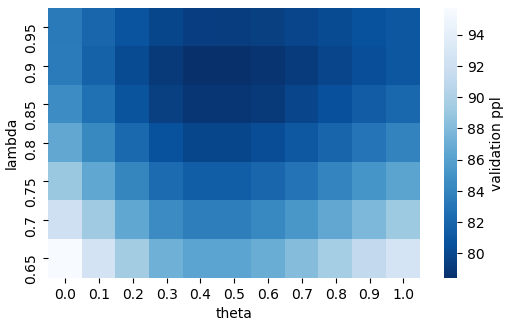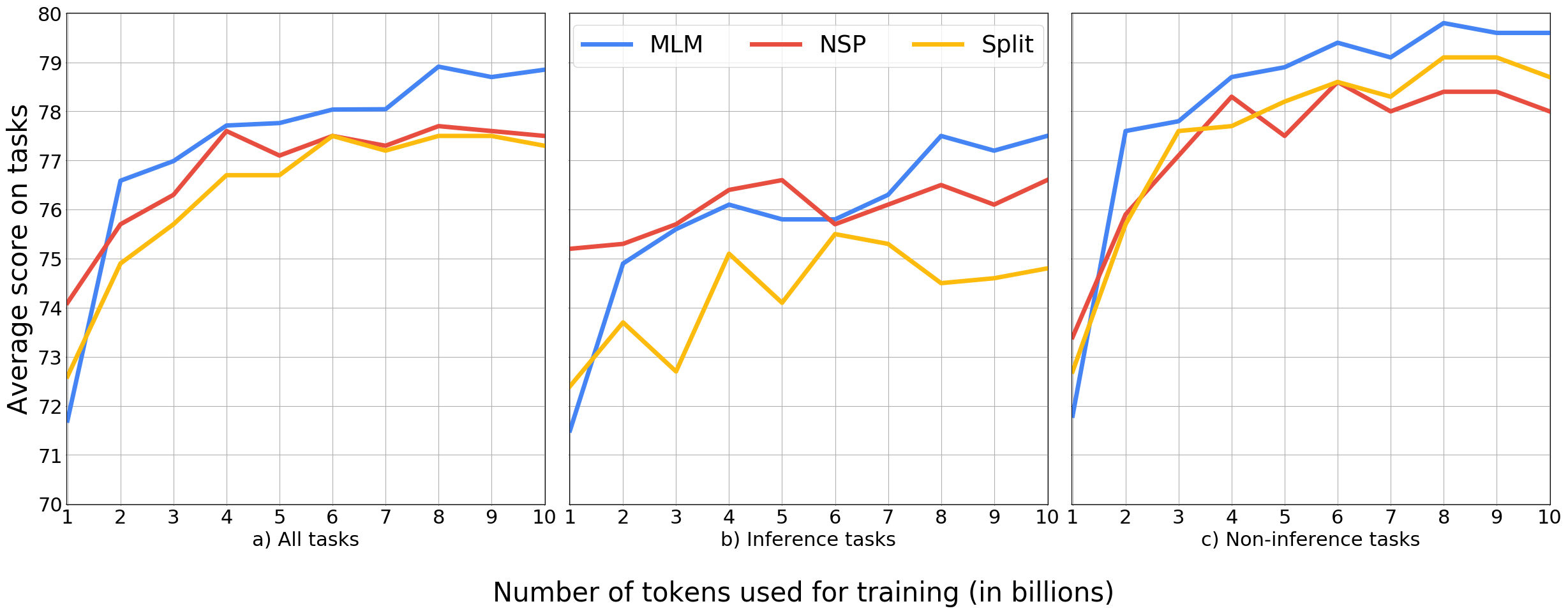Optimus: Organizing Sentences via Pre-trained Modeling of a Latent Space
Chunyuan Li, Xiang Gao, Yuan Li, Baolin Peng, Xiujun Li, Yizhe Zhang, Jianfeng Gao
NLP Applications Long Paper

You can open the pre-recorded video in a separate window.
Abstract:
When trained effectively, the Variational Autoencoder (VAE) can be both a powerful generative model and an effective representation learning framework for natural language. In this paper, we propose the first large-scale language VAE model Optimus (Organizing sentences via Pre-Trained Modeling of a Universal Space). A universal latent embedding space for sentences is first pre-trained on large text corpus, and then fine-tuned for various language generation and understanding tasks. Compared with GPT-2, Optimus enables guided language generation from an abstract level using the latent vectors. Compared with BERT, Optimus can generalize better on low-resource language understanding tasks due to the smooth latent space structure. Extensive experimental results on a wide range of language tasks demonstrate the effectiveness of Optimus. It achieves new state-of-the-art on VAE language modeling benchmarks.
NOTE: Video may display a random order of authors.
Correct author list is at the top of this page.
Connected Papers in EMNLP2020
Similar Papers
SLM: Learning a Discourse Language Representation with Sentence Unshuffling
Haejun Lee, Drew A. Hudson, Kangwook Lee, Christopher D. Manning,

Grounded Compositional Outputs for Adaptive Language Modeling
Nikolaos Pappas, Phoebe Mulcaire, Noah A. Smith,

PALM: Pre-training an Autoencoding&Autoregressive Language Model for Context-conditioned Generation
Bin Bi, Chenliang Li, Chen Wu, Ming Yan, Wei Wang, Songfang Huang, Fei Huang, Luo Si,

